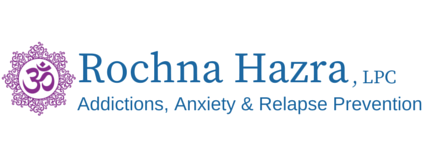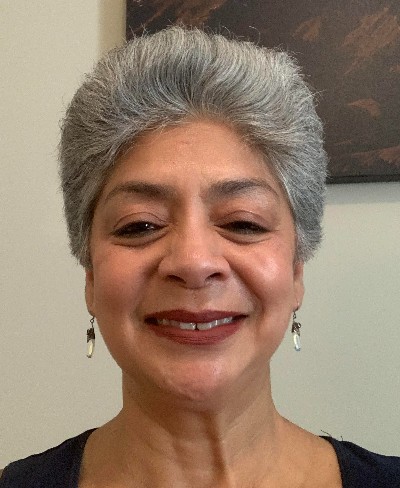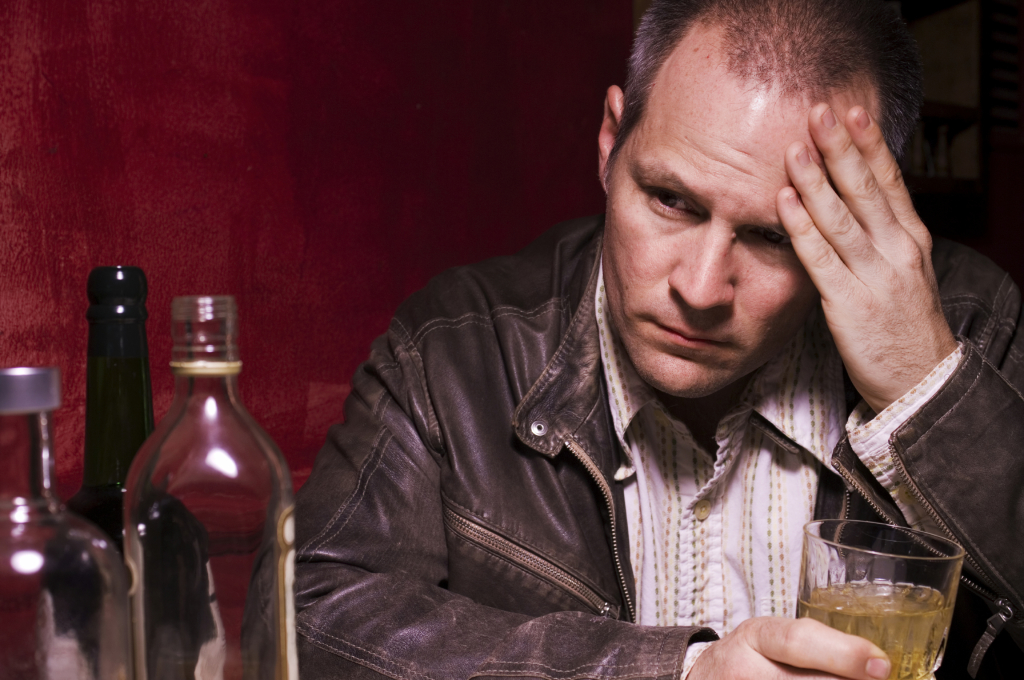Shame as a basis for Alcoholism:
Greg’s dad died when Greg was only nine months old. His mom struggled as a single woman to raise him. It was the 1960s and life was hard for Greg’s mother. Two years later, it got to be too much and, she too left Greg. Greg’s grandparents raised him from then on. For the most part, his grandmother was kind and fair woman. But when she was overwhelmed, stressed or frustrated, she projected her anger on to Greg. She told him, “This is why your mother left you. You are just too much trouble.”
Knowing that his mother left because he was too much trouble made little Greg’s heart ache. Every night before he went to bed, he promised God that he would be good and pleaded for his mother to return. And he did try hard to be good. But soon enough, he would do something that angered his grandmother and predictably enough she would utter the words that became synonymous to Greg of failure or of not being good enough. “This is why your mother left you. You are just too much trouble”.
After graduating from college, Greg found a good job and was successful in his career. Yet he carried in his heart the “secret shameful message” that his mother had left because he “was too much trouble”.
Shame, Self-doubt and the alcoholic
Even though he was good at his job and his boss liked him, Greg doubted himself. He hid that piece of shame in his heart and hoped no one would know. He came to believe that if people really knew him, they would leave him. So, while Greg projected the image of a confident leader amongst his colleagues, in his heart he secretly remained the boy whose mother had left him because he “was just too much trouble”.
As carrying this shame became harder and harder for Greg and his self-doubt began to pile up, he began to numb his pain with alcohol. He drank socially, he drank alone. Soon Greg was drinking all the time. His alcohol consumption had gone up significantly as he developed what is called alcohol tolerance. In other words, he needed to drink more to get to the same level of buzz. He had become physically and psychologically alcohol dependent. Yet he remained what is often called a “functioning alcoholic”.
At the age of 35, Craig married Marybeth and the couple had two beautiful little children. On the surface, everything was wonderful but by all measures, Greg was drinking too much alcohol. The health effects of heavy drinking started to become obvious. Greg became depressed (alcohol and depression have a strong correlation) and gained a significant amount of weight.
Marybeth loved her husband a lot but she hated the drinking. She pleaded with Greg to stop but he continued. What Marybeth hated the most, or found most intolerable was when Greg drank at social gatherings or parties. He would start slurring his words, running his mouth or arguing loudly with someone. On occasion, he would flirt outrageously and inappropriately with wives of friends. Marybeth would watch all of this from the sidelines, drenched in humiliation. After lying awake all night on one occasion, Marybeth decided to confront her husband and give him an ultimatum: either he change his ways or she was leaving. Yet after she said her piece, Greg did what Marybeth called the “crazy-making thing” again. He denied it! He told her flatly that it did not happen and she was imagining or exaggerating the situation. Marybeth was dumbfounded. She did not know what to say. Did Greg not remember anything because he was blacked out or was she really making a mountain of a molehill? Marybeth began to doubt her own perception and assessment of the situation.
Carrying other People’s Shame:
Let’s look at the situation closely. Greg grew up knowing that his mother had left because he was not good enough. This event defined who he believed he was and he carried the shame in his heart all of his life. He knew that the person who was supposed to love and nurture the most, could not stand being around him. But really, whose shame was Greg carrying? Did the 2 year old boy have anything to be ashamed of? No. Greg was really carrying his mother’s shame. And now in his adult life, he began to refuse responsibility for actions that he should be ashamed of. He denied any accountability and refused to even acknowledge the pain he caused his loved ones. Now he had become shameless.
When we carry other people’s shame and take responsibility for actions and decisions that are not ours, we begin to deny ownership of actions that are ours. We become shameless about our own actions. We project our shame on to others just as it was projected on to us. This cycle continues and shame gets passed on without real ownership and therefore, without hope of change.
Owning and Transforming your Shame:
In our work together, Greg and I not only addressed his out-of-control drinking, but also worked on carrying shame appropriately. Greg recognized that the shame of leaving her child belonged with his mother, but the shame of acting out while intoxicated was his. It was in his power to change his actions and behaviors and be healed of the shame.
It is important to note that as soon as Greg was able to acknowledge and become clear that he was carrying his mother’s shame and defining himself through that, a huge burden lifted from his heart. He realized that who he really was, was derived from his actions and not from his mother’s. This gave him the space and motivation to change his drinking habits and his image of himself became based on his own actions.
About Rochna:
Rochna Hazra is trained in Marriage and Family Therapy at Virginia Tech. She includes the emotional, psychological, spiritual and family aspects of a person in her work. Originally from India, she combines the Eastern traditions of mindfulness, non-judgment and a holistic approach to healing with the Western approach of realism and solution-focused action.
Rochna uses Cognitive-Behaviorial techniques to help you overcome anxiety.
Rochna is also a Certified Advanced Relapse Prevention Specialist and trained in Sex Addiction and Mindfulness-based Therapy and Relapse Prevention.
Click here to learn more about Alcoholism Treatment and my practice in Leesburg, Virginia


